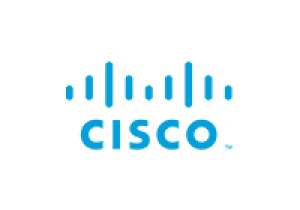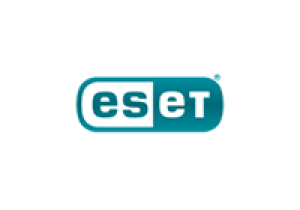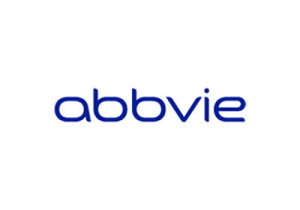Technologies like artificial intelligence or blockchain will greatly affect the functioning of the economy, the state and society. The world's mundane countries are trying to exploit as much as possible of the potential of these technologies. Europe has long lagged behind global leaders such as the US, China or Japan, as it is reflected, for example, in direct investment into technology development such as the artificial intelligence. The European Commission wants to change this negative trend and has therefore proposed a series of measures so that artificial intelligence strengthens Europe's industrial and technological potential while maintaining the Union's global competitiveness. In addition to increasing public and private investment in modern technologies, it is also necessary to address socio-economic issues and create an ethical and legal framework that will ensure that technological expansion will have a positive impact on the functioning of society. Can the European Union step up its investment in developing innovative technologies more and cope with global leaders such as the US or China? How will application of technology such as the artificial intelligence affect work market and education system? What are the objectives and particular activities of Slovakia in this area? Can we create a meaningful regulatory environment so that technology has a positive impact on our economy and society?
Sign in to ITAPA Health&Care 2025
Miloš Koterec is a Slovak diplomat and politician. From 2009 to 2012 he represented the Slovak Republic at the United Nations, from January 2012 to January 2013 he was the chairman of the UN Economic and Social Council. From 2004 to 2009 he was a Member of the European Parliament. He is currently working for the Office of the Deputy Prime Minister for Investment and Informatization.
See more info about the speaker


















